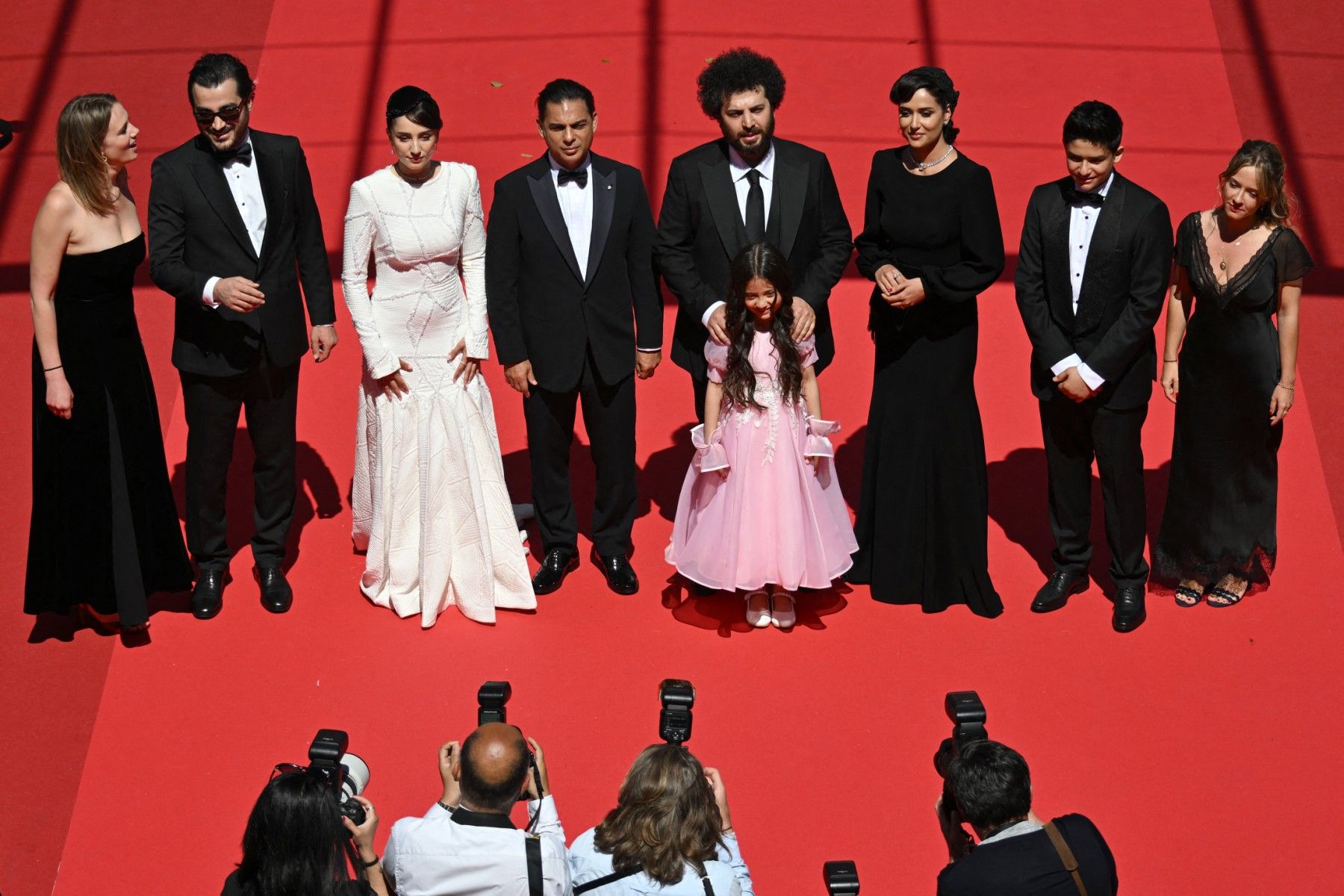
Iranian director Saeed Roustaee returns to Cannes with Woman and Child, a film made with government approval. Torn between artistic freedom and reaching audiences back home, he defends his choice to work within constraints.
“It’s very important to me that my films are seen by people in my country,” said Iranian filmmaker Saeed Roustaee in an interview with AFP. Three years after Leila’s Brothers, Roustaee is back in competition at Cannes with a film that received official shooting permits.
After his previous visit to the Croisette in 2022, the 35-year-old director was sentenced to six months in prison in Iran, along with a five-year work ban. Neither punishment was ultimately enforced.
“The worst thing for me would be not making films,” Roustaee explained. Several Iranians in exile have criticized him for compromising by creating a film that complies with the Islamic Republic’s strict rules—including mandatory hijabs for women on screen.
“It’s very important for me that my films are seen by people in my country,” he repeated, adding: “I feel like Iranian cinema has been hijacked by crude comedies.” In Woman and Child, a family drama premiering Thursday, he follows Mahnaz, a 40-year-old mother trying to rebuild her life.
He said he was required to apply for filming permits, which took him “more than six months” to secure—helped in part by a change in government.
“When you're shooting scenes in places like hospitals or schools, with a lot of equipment and extras, there's no way to do it without official permission,” he said. “Otherwise, the shoot would be shut down by day one or two.”
“I believe my role is to tell these stories from inside Iran and bring them to theaters,” he continued.
“Some people choose not to work under these conditions—and maybe that sends a stronger message. But I’ve always wanted to work. I just had to follow certain rules,” he admitted.
The Women, Life, Freedom movement erupted in Iran in September 2022 after the death of Mahsa Amini, a young woman arrested for not wearing her hijab properly. Hundreds were killed and thousands detained in the resulting crackdown, according to human rights organizations.
“The hijab isn’t a choice for most of us—we’re forced to wear it,” said Roustaee. “But I believe this movement will succeed. Over time, mandatory hijab will end like other outdated restrictions have.”
“In the meantime, I have to make my films,” he said. “As a young filmmaker, I need time to learn how to maybe tell stories in new ways.” He admitted that if his female characters weren’t wearing hijabs, the film would have felt “more natural” and “more realistic.”
Not everyone agrees with his approach. “When you get a permit and show women wearing hijabs in their own homes, I don’t care what message you’re trying to send,” said Mahshid Zamani of the Association of Independent Iranian Filmmakers, a group of 300 exiled professionals. “You’re playing into the government’s hands.”
Iranian arthouse films often win top prizes at international festivals. Some are shot with government approval, forcing filmmakers to navigate censorship—sometimes cleverly subverting it.
Others go underground, like Jafar Panahi, whose A Simple Accident is competing for the Palme d’Or this year. Filmed without permission—and without hijabs—it directly challenges the regime. “There’s no single formula for being a filmmaker in Iran,” Panahi said at Cannes. “Everyone finds their own path. I’m not here to give advice.”
One of last year’s most talked-about films, The Seed of the Sacred Fig by Mohammad Rasoulof, won the Jury Prize at Cannes but was never screened in Iran. Rasoulof, sentenced to eight years in prison, has since gone into exile—along with three of the film’s lead actresses.
With AFP



Comments